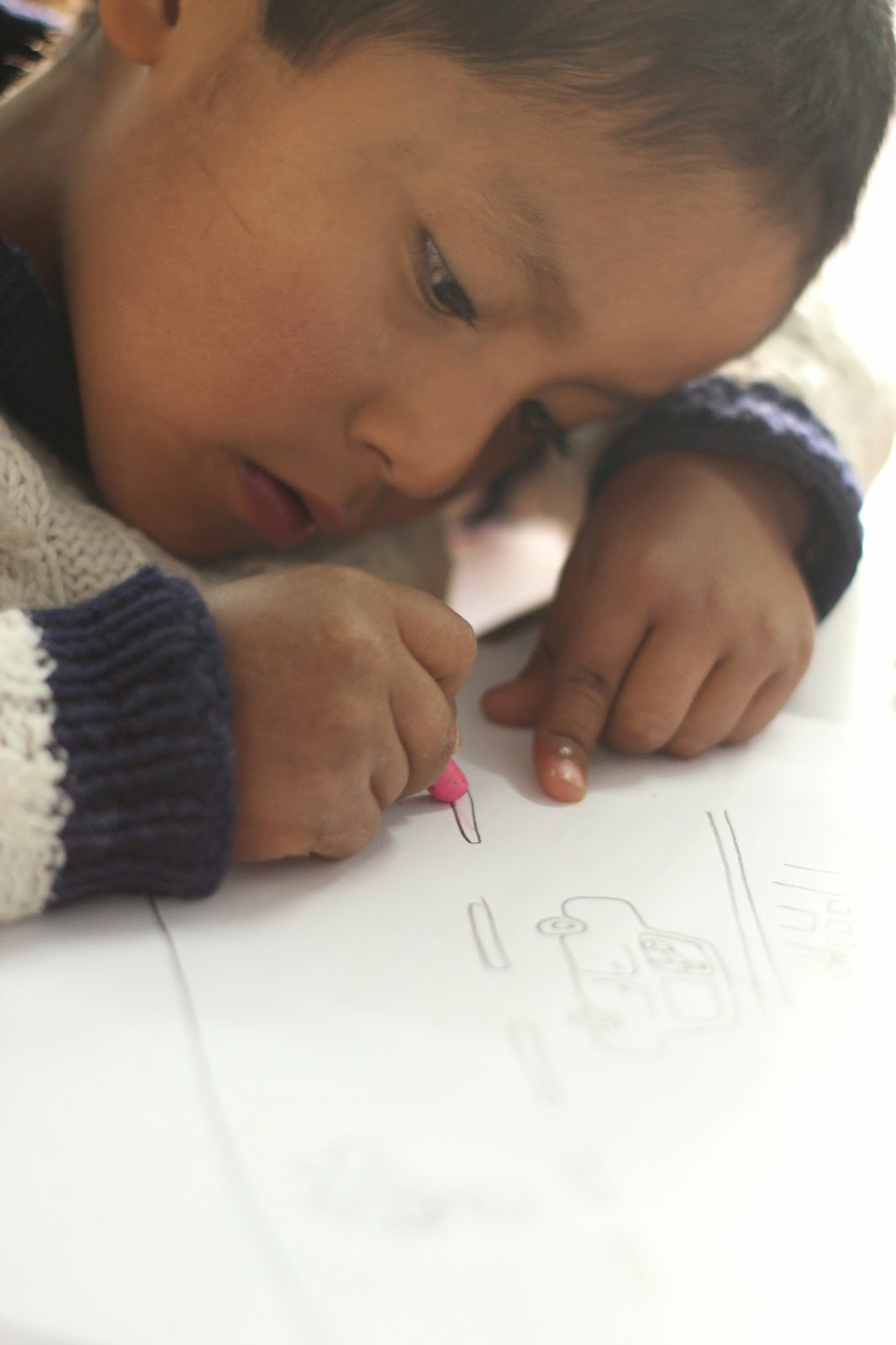What a year! Here are our seven biggest achievements of 2014
It’s been a huge year for HOOP. From little wins to big achievements, our supporters, volunteers, parents and students helped HOOP grow more than ever in 2014. Here are our top seven highlights:
1. We taught more kids than ever
 This year, we taught an astonishing 6,720 hours of English to children in the Flora Tristan community. We were also able to teach our biggest intake of students to date, with 83 kids attending classes this year.
This year, we taught an astonishing 6,720 hours of English to children in the Flora Tristan community. We were also able to teach our biggest intake of students to date, with 83 kids attending classes this year.
2. Parents got business-savvy
For the first time, we were able to offer parents a new course in business skills in collaboration with Thunderbird University in the US. The four month course gave parents the skills and knowledge they needed to develop their own business plans.
3. HOOP mums asked for English lessons, so we delivered
In 2014, HOOP mums got jealous of their kids’ English classes. So when they asked us to provide a class for them, we were delighted to oblige. Over the year, we taught 20 mothers from the community a total of 1,440 hours of English. We look forward to teaching more parents more English in 2015.
4. A third HOOP student was awarded scholarships to attend a private school
We were really excited to secure another scholarship for one of our brightest students, Daniel, to attend Vencedor Secondary School in Arequipa, thanks to the generous sponsorship of the Kondos family. 2014 was also the year we congratulated our first scholarship student, Elizabeth, for graduating from secondary school.
We welcomed 72 volunteers in 2014, from 17 different countries, including new representation from Scotland, Brazil, Poland and Paraguay!
6. We helped keep our kids healthy
Through HOOP’s collaboration with Dentists Without Borders, 329 dental procedures took place for 240 people. We also organised 63 general health check-ups, and psychology workshops for parents. Following the HOOP Health Report, we also responded to parents’ concerns about nutrition and hygiene with special health education workshops throughout the year.
7. The first ever parents’ board was voted in
2014 ended on an exciting note for the future, with the election of the new HOOP parents’ board of directors. This will mean the parents will be more involved than ever in how HOOP can help the Flora Tristan community.
We set a good benchmark for ourselves in 2014, and with your help we want to make 2015 even bigger. And we’re going to start big, by building a whole new school in the New Year! With all this progress, it’s an exciting time to be at HOOP - to find out how you can help, email us at volunteer@hoopperu.org.
Written by Tom Hornbrook
@InTomsHead











